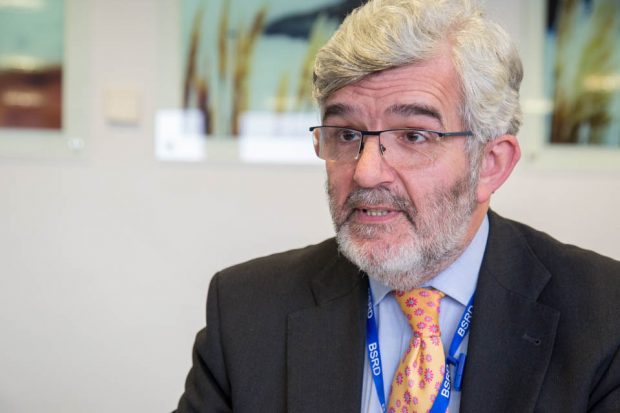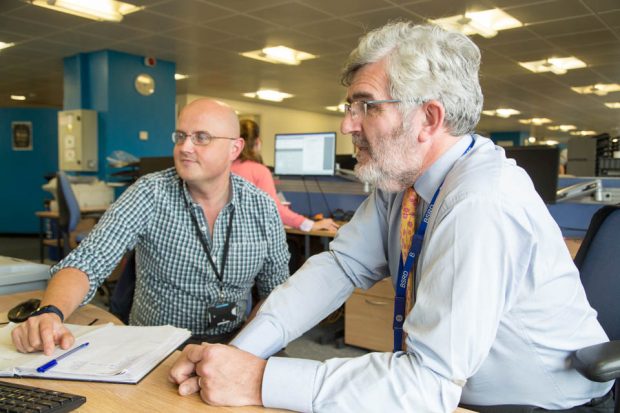The UK will impose a ban on ivory sales to help bring an end to the poaching of elephants, under plans announced by Environment Secretary Michael Gove today.
The proposals will protect elephants and help combat poaching by removing opportunities for criminals to trade illegally-poached ivory. Today’s plans will be subject to a 12 week consultation and cover items of all ages, not only those created after a certain date.
The number of elephants has declined by almost a third in the last decade and around 20,000 a year are still being slaughtered due to the global demand for ivory. If current rates of poaching continue, elephants could become extinct within decades in some African countries, meaning that future generations of children may only see these majestic creatures alive in zoos.
The decline of elephants would also deprive some of the poorest countries in the world of their valuable natural capital, affecting economic growth and sustainable development.
As profits become ever greater, the illegal wildlife trade has become a transnational organised enterprise, estimated to be worth up to £17 billion a year.
Environment Secretary Michael Gove said:
The decline in the elephant population fuelled by poaching for ivory shames our generation. The need for radical and robust action to protect one of the world’s most iconic and treasured species is beyond dispute.
Ivory should never be seen as a commodity for financial gain or a status symbol – so we want to ban its sale.
These plans will put the UK front and centre of global efforts to end the insidious trade in ivory.
Stop Ivory’s chief executive, John Stephenson, said:
Stop Ivory and its partners welcome today’s action by the UK government. By starting the process to bring in a total ban on ivory sales in the UK, the government continues to work with the African countries leading the Elephant Protection Initiative to secure a meaningful future for elephants across Africa – the initiative the government helped launch at the London Conference on Illegal Wildlife Trade in 2014.
The unprecedented crisis we face – with Africa’s natural heritage being destroyed and communities put at risk due to poaching by illegal armed gangs – will only stop when people stop buying ivory. Along with our partners, we congratulate the government on this important step and look forward to working with it and our colleagues to ensure the ban is implemented robustly and without delay.
In line with the approach taken by other countries, the government is proposing certain narrowly-defined and carefully-targeted exemptions for items which do not contribute to the poaching of elephants and where a ban would be unwarranted.
The consultation proposes four categories of exemptions:
- musical instruments;
- items containing only a small proportion of ivory, a de minimis exemption;
- items of significant historic, artistic or cultural value;
- and sales to and between museums
The government will work with conservationists, the arts and antiques sectors and other interested parties through the consultation period on exactly how these exemptions can be defined, implemented and enforced so as to ensure there is no room for loopholes which continue to fuel the poaching of elephants.
Current rules allow worked ivory items produced after 3 March 1947 to be sold with a certificate, with no restrictions at all on worked ivory produced before that date. The trade of raw ivory of any age is already prohibited. The existing regulations will be considerably strengthened through the new proposals.
This new ban will build on government work both at home and overseas to tackle poaching and the illegal ivory trade. The UK military trains an elite force of anti-poachers in African countries, and Border Force officers share their expertise in identifying smuggled ivory with counterparts worldwide to stop wildlife trafficking.
In October 2018, the UK will host a fourth international conference on the illegal wildlife, bringing global leaders to London to tackle the strategic challenges of the trade. This follows the ground breaking London 2014 conference on the illegal wildlife trade, and subsequent conferences in Botswana and Vietnam.
The consultation will run for 12 weeks, closing on 29 December.
read more



